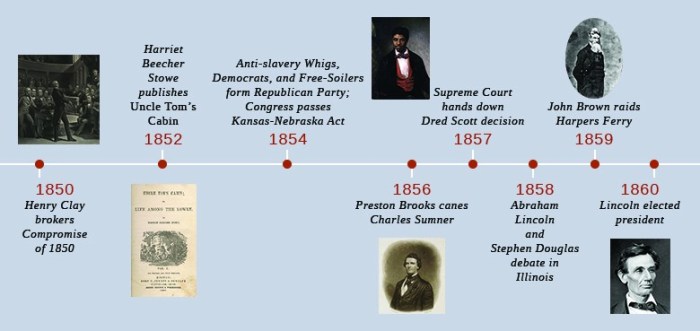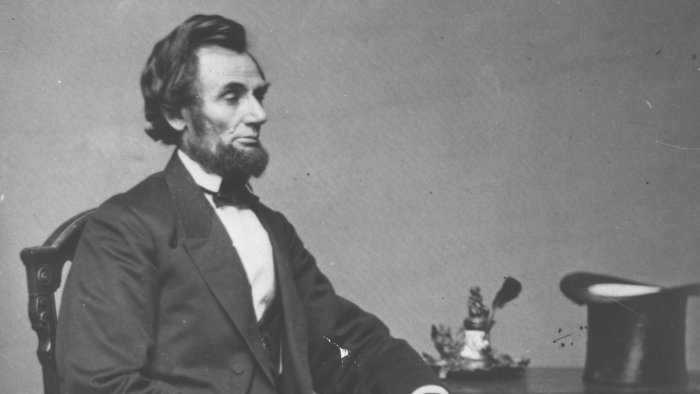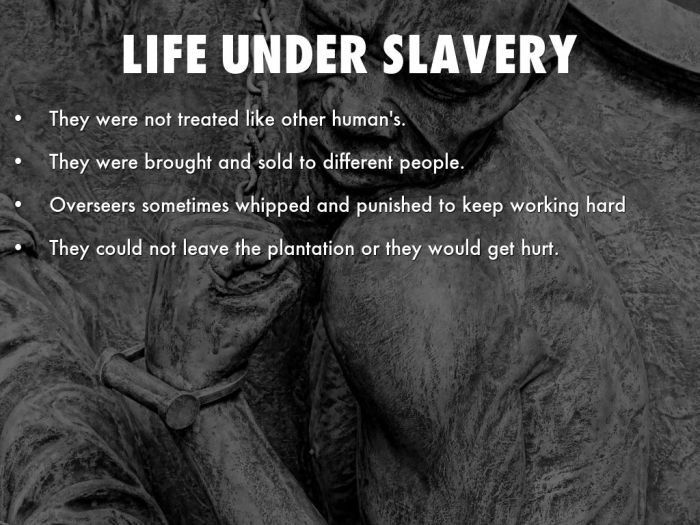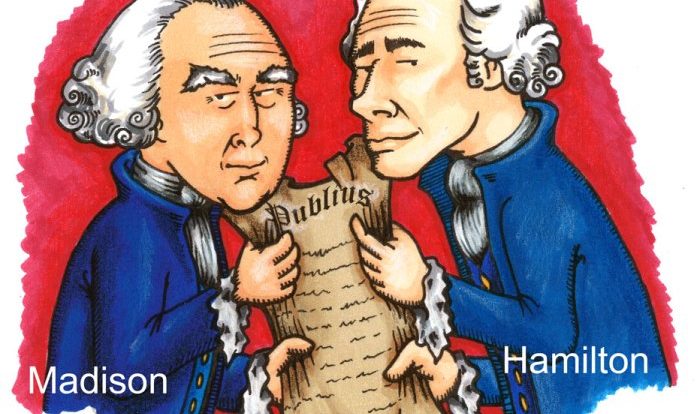The free soilers condemned slavery because – The Free Soilers, a political movement that emerged in the mid-19th century United States, vehemently condemned slavery. Their opposition was rooted in a complex interplay of economic, moral, political, social, and cultural factors.
This article delves into the multifaceted reasons why the Free Soilers condemned slavery, examining their arguments and the impact of their activism on the course of American history.
Economic Reasons
The Free Soilers believed that slavery hindered economic growth and development. They argued that slavery created unfair competition for free labor, as slave labor was often cheaper and more easily exploitable. This led to a decline in wages and job opportunities for free workers, particularly in the agricultural sector.
Additionally, slavery limited investment in infrastructure and other economic development projects. Slave owners often prioritized short-term profits over long-term investments, as they could rely on cheap labor to maintain their operations. This hindered the development of transportation, education, and other essential services in slave states.
Moral and Ethical Beliefs: The Free Soilers Condemned Slavery Because

The Free Soilers were strongly opposed to slavery on moral and ethical grounds. They believed that slavery was a violation of human rights and that all people, regardless of race, deserved freedom and equality.
Religious and philosophical influences played a significant role in shaping the Free Soilers’ moral opposition to slavery. Many Free Soilers were influenced by the teachings of Christianity, which emphasized the equality and dignity of all human beings. Others were inspired by Enlightenment ideals of liberty and self-determination.
The Free Soilers used moral appeals to mobilize support for their cause. They published pamphlets and gave speeches that condemned slavery as a sin and a violation of human rights. They also organized rallies and protests to raise awareness about the evils of slavery.
Political and Constitutional Concerns

The Free Soilers viewed slavery as a threat to the principles of democracy and republicanism. They believed that the expansion of slavery into new territories would create a powerful slaveholding elite that would dominate the political system.
The Free Soilers were also concerned about the impact of slavery on the balance of power between free and slave states. They argued that the admission of new slave states would give slaveholders an unfair advantage in Congress and the Electoral College.
The Free Soilers used political arguments to advance their anti-slavery agenda. They campaigned for candidates who supported the restriction of slavery and the abolition of the slave trade. They also proposed constitutional amendments that would have prohibited slavery in new territories.
Social and Cultural Impacts

The Free Soilers believed that slavery had a negative impact on the social and cultural fabric of society. They argued that slavery perpetuated racism and inequality and that it hindered the development of a truly democratic and egalitarian society.
The Free Soilers used social and cultural arguments to appeal to public opinion. They published books and articles that exposed the horrors of slavery and the ways in which it damaged society. They also organized lectures and debates to raise awareness about the social and cultural costs of slavery.
User Queries
What were the main reasons why the Free Soilers condemned slavery?
The Free Soilers condemned slavery for a variety of reasons, including its negative economic impact, its violation of human rights, its threat to democracy, and its harmful social and cultural consequences.
How did the Free Soilers’ condemnation of slavery contribute to the abolitionist movement?
The Free Soilers’ condemnation of slavery helped to raise public awareness of the evils of slavery and to build support for the abolitionist cause. Their arguments and activism played a significant role in shaping the national debate over slavery and in paving the way for the eventual abolition of slavery in the United States.
